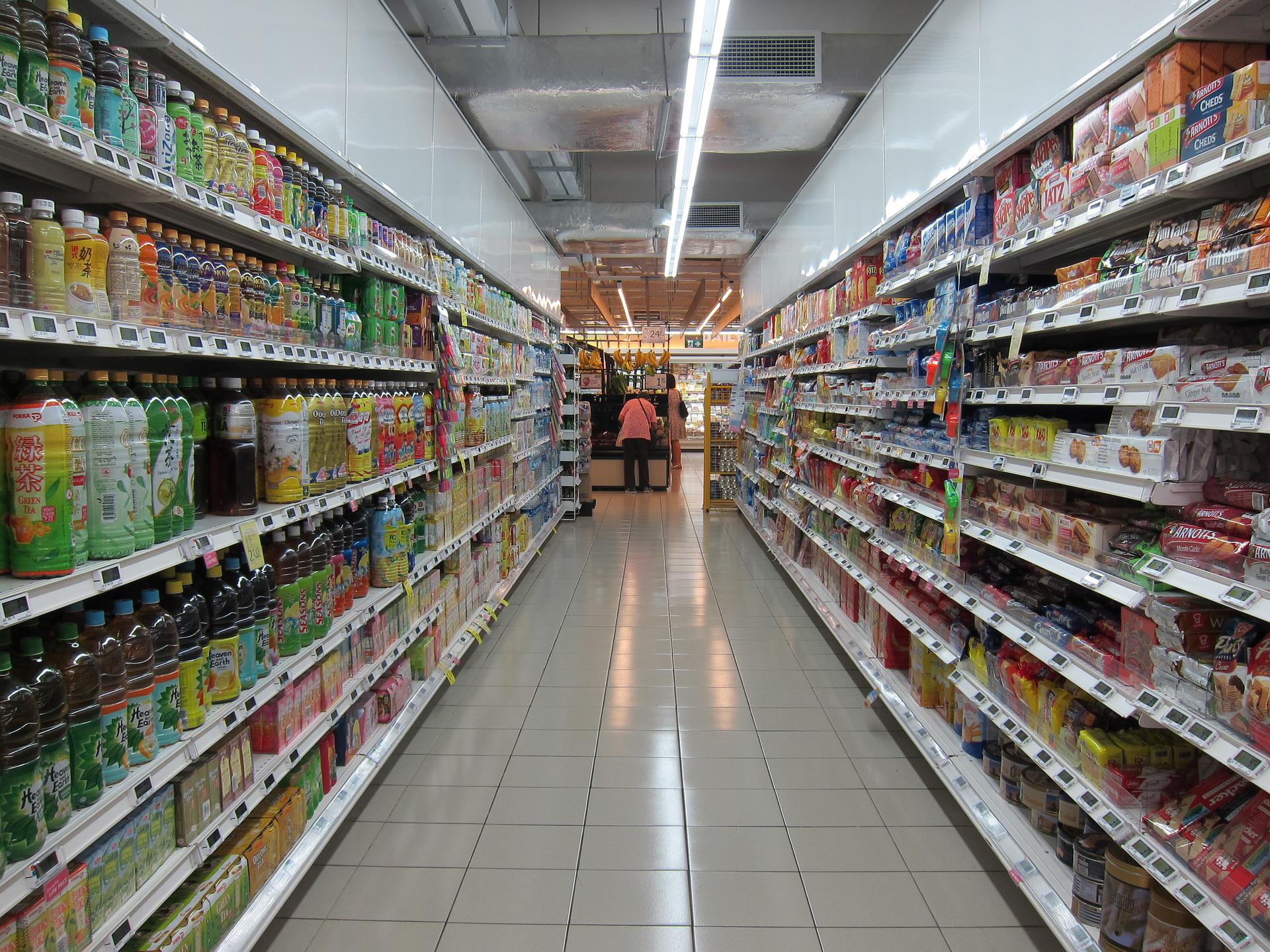
UK grocery prices rose for a seventeenth consecutive month in December, damping optimism that headline inflation hit a peak last year.
Food and non-alcoholic beverages prices increased 16.9% in the 12 months to December, the fastest annualised gain since 1977, the Office for National Statistics (ONS) announced today (18 January).
The inflation rate for food and soft drinks, measured by the ONS consumer price index, was 16.5% in November, a figure that was also a 45-year high.
Karen Betts, the head of industry body the Food and Drink Federation, said the operating environment for UK food manufacturers is only getting worse. The continuing rise in the cost of food and drinks also offers little respite for consumers, although an easing in motor fuel prices would be a welcome boost.
“These rises continue to be driven by the aftermath of the disruption of Covid-19, the war in Ukraine and poor harvests caused by extreme weather last year – including widespread drought across Europe,” CEO Betts said in a statement. “The increased costs of ingredients, energy, packaging and the movement of goods in and out of the UK, alongside the relative weakness of the pound, have only made the situation worse for UK manufacturers.”
Headline inflation cooled to 10.5% in December, from November’s annualised rate of 10.7%, slowing for a second straight month. It reached 11.1% in October, a level not seen since 1981, leading economists to speculate inflation has peaked.

US Tariffs are shifting - will you react or anticipate?
Don’t let policy changes catch you off guard. Stay proactive with real-time data and expert analysis.
By GlobalDataMotor fuel prices were the largest factor behind December’s easing, offset by rising food and drinks prices, and also those for restaurants and hotels, the ONS said.
Inflation remains “eye-watering”
On a monthly basis, the headline inflation rate rose 0.4%, compared to a 0.5% increase in December 2021.
“Inflation continued to slow in December and now looks to have peaked in October last year,” Nicholas Hyett, an investment analyst at Bristol-based investment firm Wealth Club, said in a statement. “10.5% inflation may be better than we've seen recently but is still eye-watering by most standards.”
He added: “Lower fuel prices have been a major contributor to the slowdown, and with oil prices now back around where they were before the Russian invasion of Ukraine, there's likely to be further to fall on that front. As a crucial input into other areas of the economy, lower oil and fuel prices should ultimately ease pricing pressure across the board – although it will take time for the benefit to feed through to people’s purses.”
Nevertheless, strikes from healthcare workers, train drivers and postal staff – to name but a few – are likely to “see ‘stickier’ wage-driven inflation gathering pace”, Hyett warned.
Earlier this month, the UK government announced a revised, and less generous, energy support scheme for businesses kicking in from 1 April. However, food manufacturers are among a group of “energy and trade intensive industries” that will get extra support in the form of discounts for gas and electricity.
“The government’s continued energy support is welcome and will help to contain food and drink price inflation,” Betts added. “But there’s certainly more the UK government could be doing to help keep costs down for households, including by urgently simplifying current and prospective regulation.”


